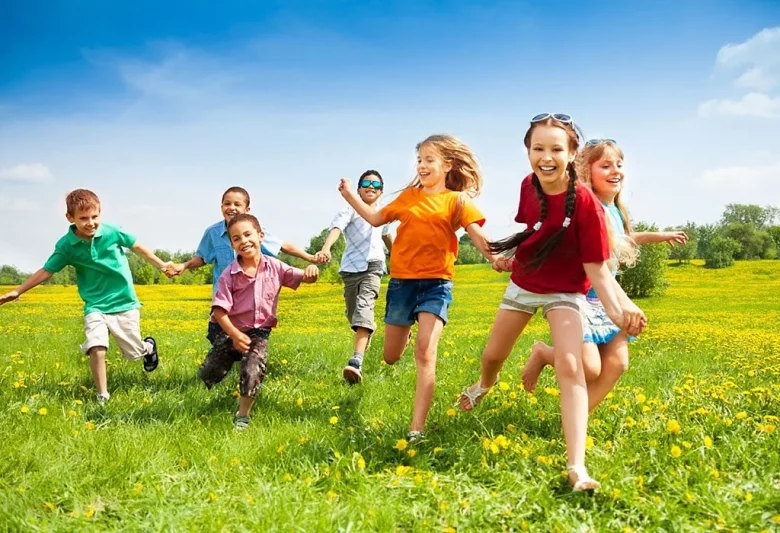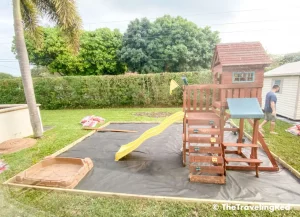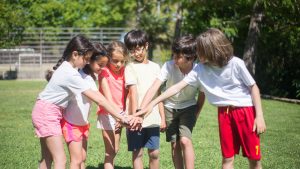In today’s digital age, where screens take up a large portion of children’s free time, the importance of outdoor play cannot be overstated. Playing outside offers numerous benefits and contributes to the overall development of children. From physical health to emotional well-being, the benefits are broad and well documented. This article explores the many benefits of outdoor play for children and highlights why it is crucial for their growth and development.
physical health benefits
Improve physical fitness and strength
Outdoor play includes a variety of physical activities, such as running, jumping, climbing and sports. These activities help kids build muscle, improve cardiovascular health and improve overall physical fitness. Regular outdoor play can help combat obesity and promote a healthy lifestyle from an early age.
Improve motor skills
The outdoor environment offers varied and challenging terrain that helps children develop gross and fine motor skills. Activities such as cycling, playing with playground equipment or crossing natural obstacles improve coordination, balance and agility.
exposure to sunlight and fresh air
Spending time outdoors allows children to absorb vitamin D from the sun, which is essential for bone health and the immune system. Fresh air also helps with respiratory health and overall well-being, reducing the risk of illness and improving energy levels.
mental health benefits
Relieve stress and relax
Nature has a calming effect on the mind. Outdoor play can relieve academic stress and digital distractions, allowing children to relax and reduce stress. A natural environment provides a peaceful environment that promotes mental peace and emotional balance.
Improve mood and mental health
Exposure to natural light and physical activity while playing outside stimulates the production of endorphins, the body’s natural mood boosters. This can improve mood, reduce anxiety and induce an overall feeling of happiness and well-being.
Enhance creativity and imagination
Outdoor play often involves unstructured activities that allow children to use their imagination and creativity. Whether building a fort, role-playing or exploring new environments, children engage in imaginative play that encourages cognitive development and creative thinking.
social advantages
Improve social skills
Playing outside with peers promotes social interaction and helps children develop important social skills. They learn to communicate, share, negotiate and collaborate, which is essential for building healthy relationships.
build friendship
Playing outside offers children the opportunity to make new friends and strengthen existing friendships. Group activities and team sports encourage children to make connections and build a sense of community among children.
Learn collaboration and teamwork
Many outdoor activities require cooperation and teamwork. Children learn to work together to achieve common goals, understand the value of teamwork and develop a sense of responsibility to their peers.
Cognitive benefits
Improve learning ability and concentration
Playing outside stimulates cognitive development by exposing children to new experiences and challenges. Exposure to nature and physical activity can improve concentration, memory and problem-solving skills. Research shows that children who spend more time outdoors tend to perform better academically.
connection with nature
By interacting with the natural environment, children develop curiosity and appreciation for the world around them. This connection with nature can promote environmental awareness and a sense of responsibility for protecting the planet.
Encourage risk-taking and perseverance
Playing outside often involves a certain degree of risk, such as climbing trees or exploring unknown territory. These activities teach children to assess risks, make decisions and develop resilience. Overcoming challenges in outdoor play increases self-confidence and self-esteem.



